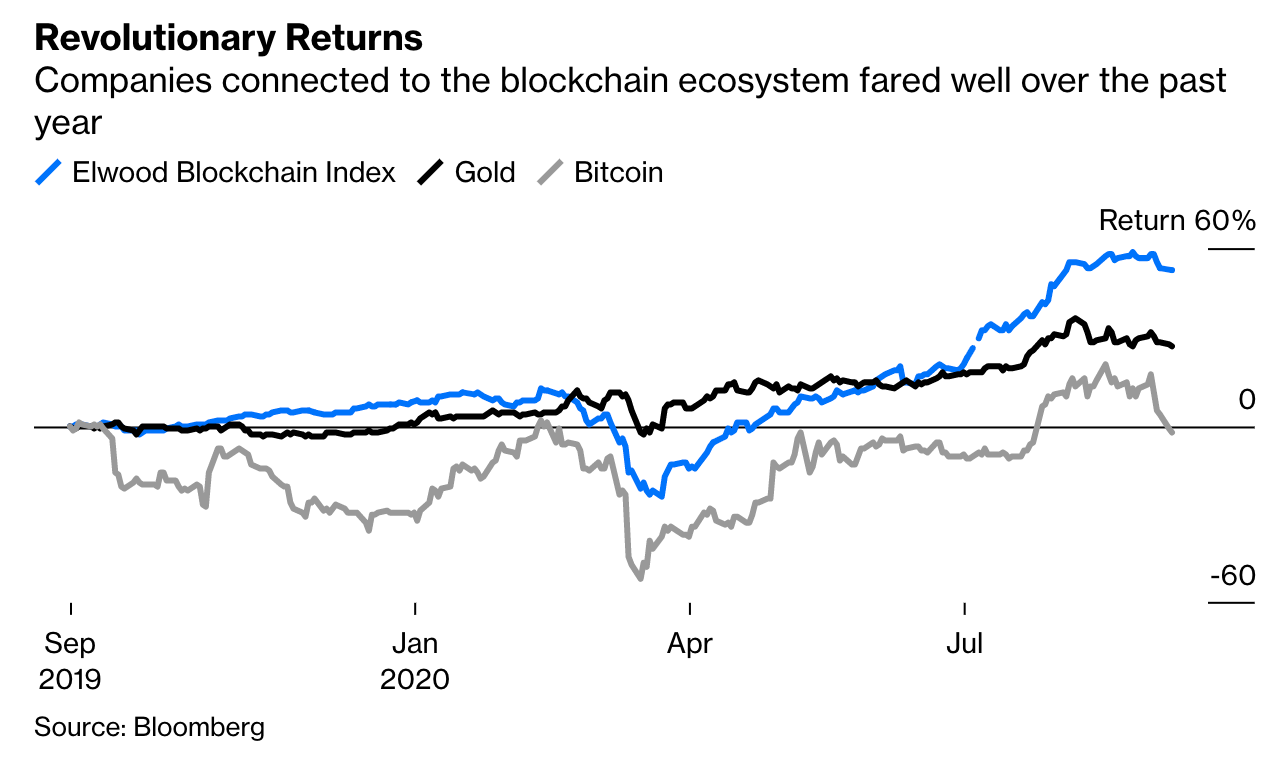Cryptocurrency evolved from an academic concept to (virtual) reality with the creation of bitcoin in 2009. However, before the start of the global Covid-19 pandemic, investors had little confidence in cryptocurrencies and bitcoin in particular.
Despite the initial volatility of the cryptocurrency, as well as skepticism from many investors, the success and growing popularity of Bitcoin since its launch has led many companies to introduce alternative cryptocurrencies. And now many analysts and investors point out that cryptocurrencies, in particular bitcoin, may well be considered as an alternative store of value.
In today’s article, we will look at how the pandemic has impacted cryptocurrency and the way it is perceived by businesses, as well as what will happen to cryptocurrency after the Covid-19 pandemic ends.
How did the pandemic affect cryptocurrency?
In 2020, analysts have often described bitcoin as a safe haven asset, portraying it as “something that investors flock to during geopolitical turmoil.”
Thus, in March 2013, the price of the digital currency increased sharply as market participants began to worry about the viability of the banking system of the island state of Cyprus. Around the same time, the value of bitcoin went up by more than 80% in less than a month.
A few years later, in June 2015, the digital currency took off again as discussions regarding the Greek debt went off the rails. The situation regarding the European country was probably the only reason for the increase in bitcoin prices, according to Brendan O’Connor, who was CEO of institutional trading firm Genesis Global Trading at the time.
In recent months, bitcoin has shown some pretty strong signs that it belongs to the alternative assets class.
Back in 2016, a renowned blockchain analyst Chris Burniske argued that bitcoin could be called digital gold. In a conversation with CNBC, he noted the similarities between the cryptocurrency and the precious metal. “Bitcoin has the same characteristics that make gold an attractive store of value,” said Chris.
In December 2017, right in the middle of the currency’s latest bull run, Bitcoin was valued at nearly 20 000 dollars per coin.
“Three years later, the crypto industry has consolidated, matured, and is gaining momentum from institutional investors. Investors are using bitcoin as an inflation hedge against the prospect of continued stimulation by government,” said Simon Peters, an analyst at the multi-asset investment platform eToro.
Summary. In times of crisis, in times of severe economic and political turmoil, people resort to financial resources that they consider more reliable. This year, we saw with our own eyes that reliable instruments experienced a fall at the most critical moments, while cryptocurrencies behaved in a much more stable way.
Cryptocurrencies and companies during the pandemic. What changed?
Let’s start this off with the fact that gold and its digital analog, Bitcoin, have gained popularity among investors seeking refuge or those looking to try cryptocurrency. Many investors remembered the saying about “selling a shovel in times of a gold rush”.
Fun Fact:According to a recent report by JPMorgan, retail investors are split into generations by their favorite alternative assets: older investors are more gold-minded, while millennials flock to bitcoin.
Thus, over the past year, almost each of the top 10 companies in the Blockchain Global Equity Index from Elwood Asset Management LLP returned more than 54% of the profits invested in blockchain technologies.


For example, “online retail store and blockchain advocate” Overstock.com Inc. increased ninefold (even after falling 45% since August 20), their revenues more than doubled after the second quarter. Kakao Corp is ranked third with 147% growth.
Not only giants but other companies as well are willing to invest in blockchain technologies. For example, Goldman Sachs invested over 60 million dollars in blockchain-based startups such as Circle Internet Financial and Digital Asset Holdings.
Summary. One of the main advantages of digital currencies is that they generally do not correlate with more traditional asset classes such as stocks and bonds. According to some experts, if an investor who owns bonds and stocks exchanges a percentage of their holdings for bitcoin, due to bitcoin’s low correlation and excellent absolute performance, it may reduce the portfolio’s volatility while increasing absolute returns.
What will happen to cryptocurrency after the COVID-19 pandemic?
During the pandemic, many analysts drew parallels between bitcoin and gold.
According to investor Sankalp Shangari, “Bitcoin is far from becoming a haven like gold or silver, although its current trajectory looks similar.” According to the expert, these dramatic changes will only happen if the fiat system itself is threatened.
“As long as the dollar remains strong, it will be difficult for bitcoin to replace it. However, I truly believe in the idea of BTC Digital Gold and that governments indiscriminately pump fiat, gold, and BTC, which might play a crucial role — a kind of an international currency,” concluded Shangari.
Other researchers disagree. For example, research by Thomas Conlon and Richard McGee suggests that instead of acting as a safe haven, Bitcoin may increase portfolio risk during times when investors most desire a respite from market turmoil.
The implication is that investors should not rely on bitcoin as an alternative asset that provides a safe haven from turbulence in traditional markets. It is appropriate to say that if the situation in the traditional financial markets improves, bitcoin will stop its growth, and possibly drop a little in value.
Summary. Most experts agree that cryptocurrencies will continue to thrive. At least, as long as they have a strong community, unique technologies, active development, and support of developers.
However, even though now bitcoin can rightfully be called the main asset, it has yet to be institutionalized. Governments around the world need to take bold action to regulate it and make it easier to buy / sell / store bitcoin. Until that happens, the crypto industry will continue to struggle amid all the uncertainty, which further underlined the COVID-19 situation.
Summary
The SARS-CoV-1 coronavirus pandemic has left a significant mark on the global economy and has had an impact on the behavior of all financial instruments, including cryptocurrencies.
Many researchers and analysts have come to the conclusion that fluctuations in the virtual currency market during the crisis reflect changes in other capital and commodity markets. This market has also shown relative stability during this difficult time. This is further proof that cryptocurrencies can be seen as a mature and complete financial instrument.
Cratos understands all the benefits that cryptocurrency provides for the business community and offers universal solutions that are suitable for any business that decides to integrate cryptocurrency into their internal processes.



















